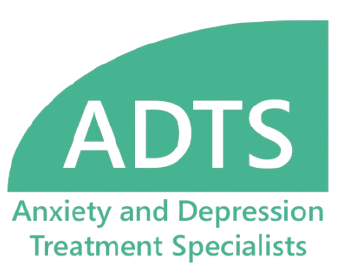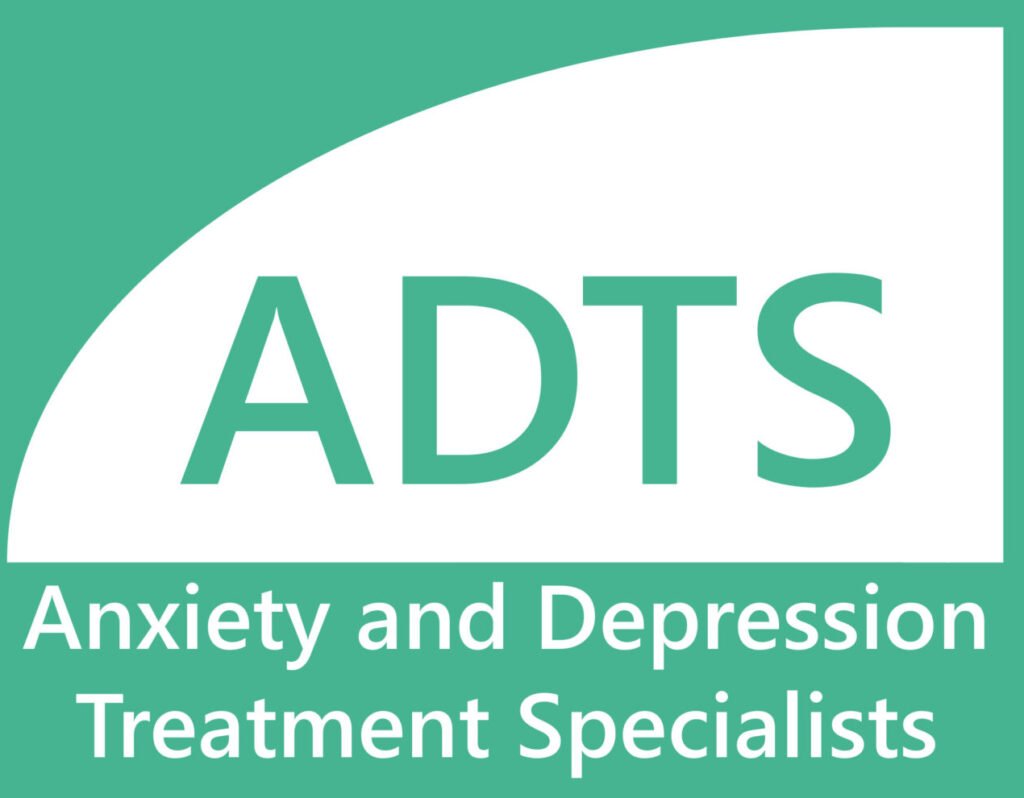Key points:
- Therapy doesn’t only patch up crises it builds resilience and emotional fitness over time to prevent or mitigate crises.
- Regular therapeutic work helps with self-understanding, regulation, and preventing relapse.
- A general therapist in California can support long-term growth, not just emergency help.
- Learning, growing, and improving due to therapy can endure for years beyond the end of therapy.
The Fallacy of “Crisis Only” Therapy
Many people assume therapy is only for acute crises suicidal thoughts, panic attacks, severe breakdowns, or when things are generally “going badly”. But this framing undercuts a broader vision: therapy is about learning how to live life better. Just as people don’t only go to the gym when your muscles are weak or hurt, psychological support can be leveraged before things spiral. Therapy can help people go from “bad” to “good”, “good” to “great”, “great” to “amazing”, or even all the way from “bad” to “amazing”. There’s no official starting point or ending point regarding quality of life – therapy is done on a case-by-case basis but has been shown to help a lot of people with a wide variety of clinical (e.g., anxiety disorders, depressive disorders) or non-clinical topics (e.g., life transitions, interpersonal difficulties, feeling “stuck”, learning about yourself, replacing unhelpful patterns with helpful ones).
General therapy (e.g. cognitive behavioral therapy, insight-oriented therapy) is not only about damage control. It’s about strengthening and expanding the mind to help you learn about yourself, live life in a way that’s more meaningful to you, and become the new and improved version of yourself.
Why Invest in Ongoing Growth?
1. Enduring benefits beyond termination
Longitudinal research shows that therapeutic gains often persist well after therapy ends. For example, one systematic review and meta-analysis (which combines multiple therapy studies into one large analysis) found that cognitive behavioral therapy for anxiety disorders results in maintained improvement months and even 1+ years after therapy ends (van Dis et al., 2020). Another study for clinical depression found that improvement due to cognitive behavioral therapy was maintained approximately 4 years after therapy ended (Uher & Pavlova, 2016). Cognitive behavioral therapy was similarly effective in reducing long-term anxiety and depression in people who had “sub-clinical” (i.e., less severe) levels of depression at the start of therapy (Chan et al., 2025). Taken together, cognitive behavioral therapy in California can help people make long-term improvements with common emotional experiences, regardless of whether they reach clinical/diagnostic levels or not.
2. Building emotional fitness
“Emotional fitness” refers to the abilities to recognize, modulate, and leverage emotions adaptively (Algoe & Fredrickson, 2011). It involves having less emotional reactivity and faster emotional recovery from stressors (Rose et al., 2013). Regular therapy hones skills like mindfulness, distress tolerance, emotion awareness, and interpersonal effectiveness (Lynch et al., 2006).
3. Reducing relapse and chronicity
Evidence-based psychotherapies, such as cognitive behavioral therapy, show cost-effectiveness and durable effects for a range of mental health difficulties (Cook et al., 2017; Uher & Pavlova, 2016; van Dis et al., 2020). For example, according to a systematic review and meta-analysis, cognitive behavioral therapy for depression reduced relapse 6 years after finishing therapy (Fava et al., 1998, 2004; Zhang et al., 2018).
What a General Therapist in California Can Do
A general therapist in California can be a steady partner in your emotional development — not just a crisis responder. They can:
- Provide continuity across life phases and challenges
- Help you anticipate, prevent, mitigate, or recover from emotional setbacks
- Teach you new strategies and help refine them over time
- Offer tailored support to your specific life needs
Getting Started
- Search for a psychologist who provides evidence-based therapy (e.g., cognitive behavioral therapy)
- Clarify any specific targets/goals for therapy, as well as general “life stuff” you might want to explore and work on
- Recognize that some of the best value from therapy can happen after the crisis has passed
Therapy doesn’t need to be reserved for emergencies — it can be used to develop sustainable psychological strength and help people make complex decisions when things are going relatively well.
References
Algoe, S. B., & Fredrickson, B. L. (2011). Emotional Fitness and the Movement of Affective Science From Lab to Field. The American Psychologist, 66(1), 35–42. https://doi.org/10.1037/a0021720
Chan, R. C. F., Chen, M., Chan, J. L. M., Shum, D. H. K., & Cao, Y. (2025). Long-Term Effect of Cognitive Behavioral Therapy in Managing Subclinical Depression: A Systematic Review and Meta-Analysis. Depression and Anxiety, 2025(1), 1610909. https://doi.org/10.1155/da/1610909
Cook, S. C., Schwartz, A. C., & Kaslow, N. J. (2017). Evidence-Based Psychotherapy: Advantages and Challenges. Neurotherapeutics, 14(3), 537–545. https://doi.org/10.1007/s13311-017-0549-4
Fava, G. A., Rafanelli, C., Grandi, S., Canestrari, R., & Morphy, M. A. (1998). Six-Year Outcome for Cognitive Behavioral Treatment of Residual Symptoms in Major Depression. American Journal of Psychiatry, 155(10), 1443–1445. https://doi.org/10.1176/ajp.155.10.1443
Fava, G. A., Ruini, C., Rafanelli, C., Finos, L., Conti, S., & Grandi, S. (2004). Six-Year Outcome of Cognitive Behavior Therapy for Prevention of Recurrent Depression. American Journal of Psychiatry, 161(10), 1872–1876. https://doi.org/10.1176/ajp.161.10.1872
Lynch, T. R., Chapman, A. L., Rosenthal, M. Z., Kuo, J. R., & Linehan, M. M. (2006). Mechanisms of change in dialectical behavior therapy: Theoretical and empirical observations. Journal of Clinical Psychology, 62(4), Article 4. https://doi.org/10.1002/jclp.20243
Rose, R. D., Buckey, J. C., Zbozinek, T. D., Motivala, S. J., Glenn, D. E., Cartreine, J. A., & Craske, M. G. (2013). A randomized controlled trial of a self-guided, multimedia, stress management and resilience training program. Behaviour Research and Therapy, 51(2), Article 2. https://doi.org/10.1016/j.brat.2012.11.003
Uher, R., & Pavlova, B. (2016). Long-term effects of depression treatment. The Lancet Psychiatry, 3(2), 95–96. https://doi.org/10.1016/S2215-0366(15)00578-7
van Dis, E. A. M., van Veen, S. C., Hagenaars, M. A., Batelaan, N. M., Bockting, C. L. H., van den Heuvel, R. M., Cuijpers, P., & Engelhard, I. M. (2020). Long-term Outcomes of Cognitive Behavioral Therapy for Anxiety-Related Disorders: A Systematic Review and Meta-analysis. JAMA Psychiatry, 77(3), Article 3. https://doi.org/10.1001/jamapsychiatry.2019.3986
Zhang, Z., Zhang, L., Zhang, G., Jin, J., & Zheng, Z. (2018). The effect of CBT and its modifications for relapse prevention in major depressive disorder: A systematic review and meta-analysis. BMC Psychiatry, 18(1), 50. https://doi.org/10.1186/s12888-018-1610-5


